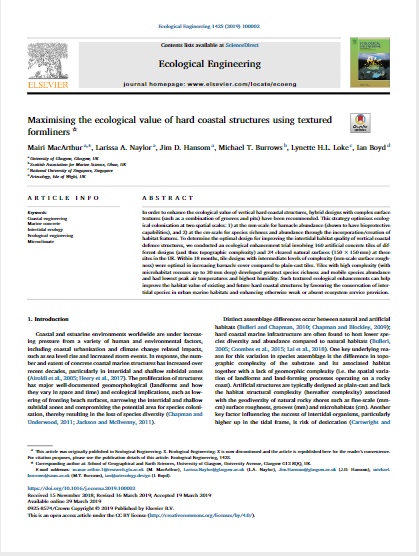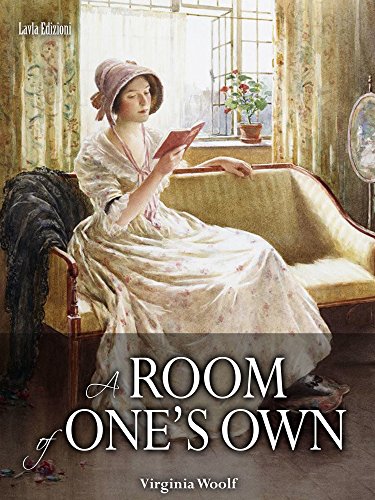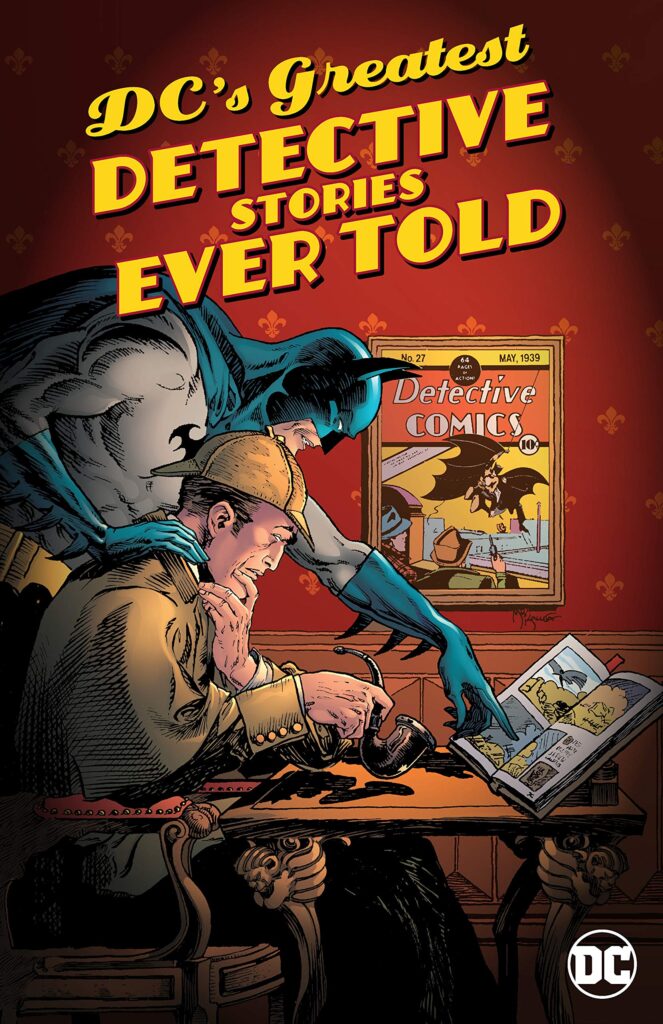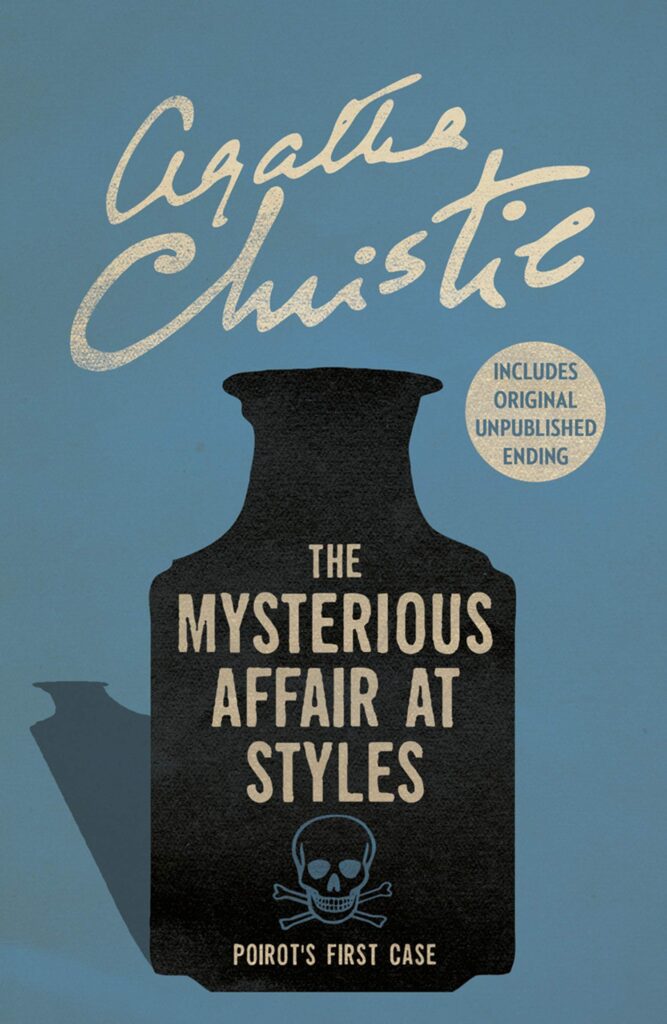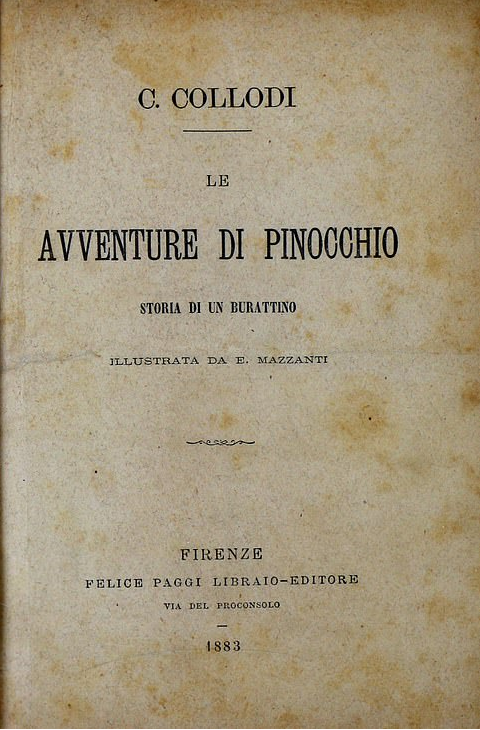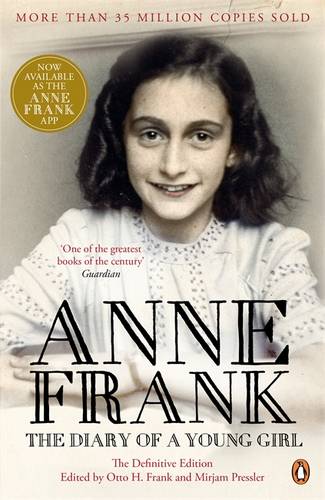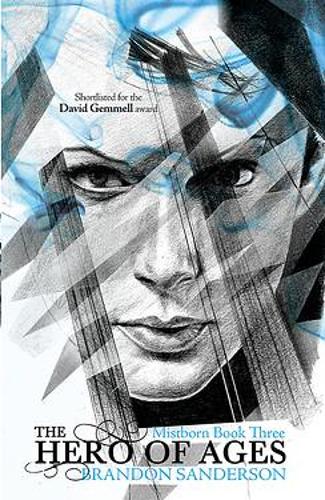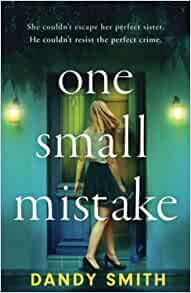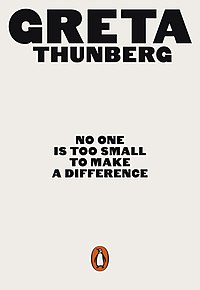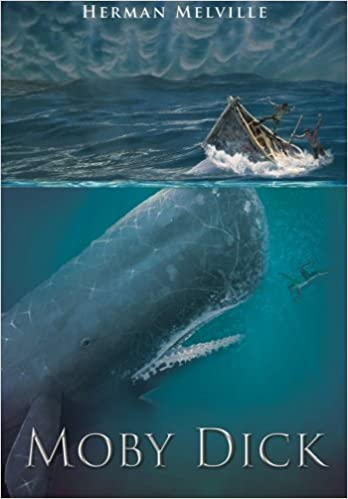Gosh, this book is going to be hard to review because I have so many conflicting feelings about it. But, anyway, here’s my attempt.
One Small Mistake tells the story of a young writer named Elodie who’s desperate to get a book deal, her possessive friend Jack, and her sister Ada. I don’t want to spoil any of the developments, as there are a lot of big surprises, but it essentially explores the lengths to which Elodie will go to achieve her dream of getting a book deal… and the very serious consequences that follow.
Elodie herself was someone that it’s hard for me to have a clear opinion of. In the early days of the novel, I saw her as somebody who was very single minded and always assumed that everybody in her life was out to get her. Her attitudes about others are often quite negative, but then, her family are often very unfair towards her, so it’s easy to see why somebody might start to think in this way. For some time, I felt actively negatively towards her, because she makes a decision that will cause huge amounts of emotional trauma to the people who are in her life… we later learn that she didn’t actually have a choice here, but the fact remains, that she did make a decision to harm lots of people for her own gain and it’s hard to root for somebody like that… but then, so many awful and terrible things happen to her, that I actually just found myself feeling sorry for her for the majority of the novel. Other times, she came across as extremely naïve and I’ll get to that in a moment.
Then there’s Jack. Gosh. Pretty much as soon as I read this character’s first scenes, I felt uncomfortable. He’s a ridiculously manipulative and possessive person and this, to me, was clear all the way from the start. Elodie, however, never seems to question any of this behaviour, which factors into her naivety, but then, this happens a lot in reality, so it’s not a fault. Having said that, once Jack decides to become more overtly sinister, I felt that he became almost a parody of himself – almost an over-the-top villain, which is a shame because he felt more true to life at first. There was one aspect of him that I also found particularly problematic.
Jack does some terrible, unforgivable things in this book. Most of this is seen through Elodie’s point of view and her opinion is very much “Jack has mental health problems and that’s why he did these bad things” indeed, she has a conversation at one point, where she essentially says that mental health problems are the only reason that somebody would do something really terrible to somebody else. This was another area where Elodie seemed naïve. To me, this seems quite disrespectful to people with mental health conditions and I think it ignores something important: if somebody does something terrible to somebody else, it’s often because the culture they’ve been raised in and the values that have been imposed upon them have lead them to believe that those actions are justifiable – I felt this was particularly true of Jack. To write it off as “mental health” issues stigmatises mental health problems and, here, seems to diminish Jack’s accountability to some extent.
But, anyway, let’s move on to Ada. At first, Ada seems somewhat antagonistic towards Elodie, but she becomes a lot more sympathetic as the novel unfolds – especially once we start to get chapters written from her point of view. Ada is someone who married into what seemed to be an idealistic life, but soon found herself questioning her path in life. She undergoes a great deal of character development and, I would say, becomes a better person throughout the course of the novel. She was definitely my favourite character overall and at each new chapter, I was hoping for it to be from her perspective, rather than Elodie’s. I genuinely liked her.
Next is another controversial point. The book goes out of its way to point out that there is a lot of pressure on women to have babies and that not all women want to do that. For this, I applaud it. There is absolutely too much pressure on women to become mothers and it’s refreshing to have a story where the female characters don’t see parenthood as the overall goal in life. It’s an important issue that needed to be tackled… however, it almost goes in the opposite direction. By this, I mean that it sometimes felt quite spiteful towards mothers and there were even a few snide comments about the changes that a woman’s body undergoes when she has a child, which felt regressive and unnecessary. Of course, it’s reasonable to point out that somebody might not want to go through a process that will cause them to have significant physical changes – but it feels wrong to then cast those changes in a negative light. It felt a little superficial.
Which brings me to another point. One of the morals of the story seems to be that “just because somebody is physically attractive, doesn’t mean that they are a good person” which is a revelation Elodie herself comes to at one point. Of course, this is completely true and something I 100% agree with, but it felt odd for this to be a revelation for a woman in her late twenties. It was another one of those factors which made Elodie seem very naïve – this is the kind of revelation people have when they’re little children, surely?
I realise a lot of what I’ve said here might sound negative, but also, I loved reading this book. I was always looking forward to the next chapter and very keen to see how everything worked out for the characters. In fact, it has also been a book that has caused me to have a lot of discussions with people, making it quite thought-provoking… but then, the majority of my discussions were me saying to people “I disagree with this thing in this book” or “the character in this book seems flawed in this way”. Although then, doesn’t that just show that the author has successfully created nuanced and flawed characters who’s failings and motivations are fun to discuss?
So, in conclusion, this was an enjoyable thriller. I was always keen to see what was going to happen next, it prompted a lot of discussion between me and my friends, it highlights the pressure women have on them to have babies and it also has important things to say about rape and consent. At the same time, it has characters who are flawed in ways that aren’t always properly addressed, it can come across as quite anti-motherhood at times and some of the events that unfold push suspension of disbelief just a little bit too far. Does this make the book good or bad? Well, at the end of the book, Elodie asks a similar question about Jack, weighing up his good deeds with his bad and concludes that instead of calling him good or bad, she’d just say that he was a person. Likewise, I will sum this up by saying that this is a book, a book with all the strengths, virtues and weaknesses you might find in a human being, and a book you should read yourself to form your own opinion.
Rating: 7.7/10
Buy it here.





